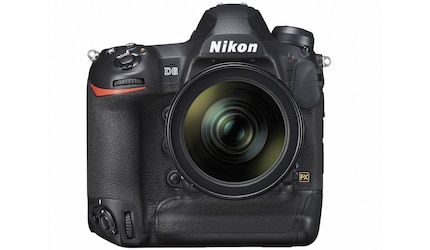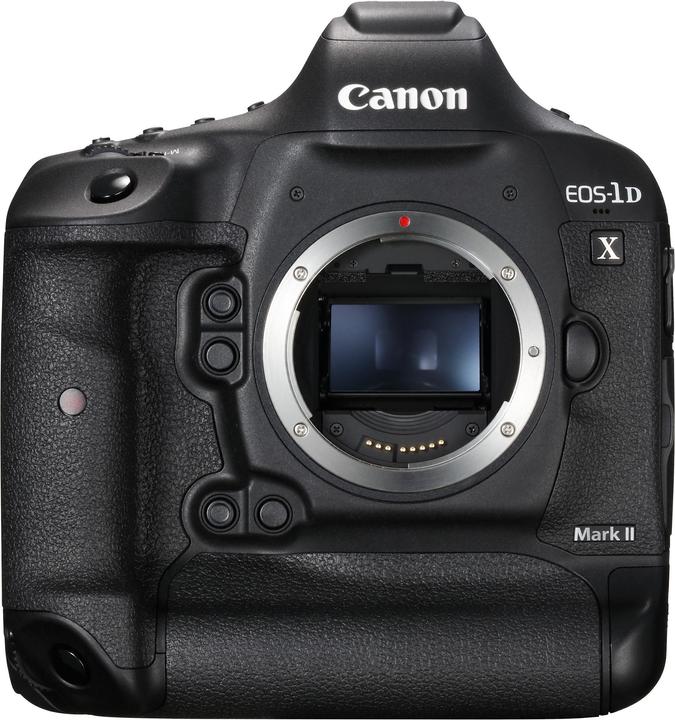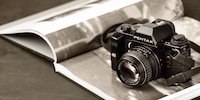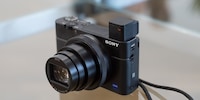

Not extinct, but retired: the SLR camera
The SLR camera won't die, but it will go into its well-deserved retirement. Instead of slogging away, it will enjoy occasional excursions and remember the good old days when a camera was still a real camera.
Both Canon and Nikon have announced that they are developing and launching a new professional SLR camera. Nikon will release the D6 as a successor to the D5, while Canon is working on the 1Dx Mark III to follow the Mark II.
However, neither company mentions a release date and Nikon hardly reveal any technical details. They're just announcing these cameras are coming – a way to express that the time of SLR cameras is far from being over. The manufacturers want us to know they're still developing SLR cameras and the technology is still alive. But this announcement does the opposite with me: it tells me the age of SLR is over.
With a living, up-to-date technology, it goes without saying that it will be further developed and that successor models will follow. There is no need to mention this in a press release. This reminds me of Angela Merkel: if she expressed her «full trust» in someone, you could be pretty sure this person was going to have to resign shortly.
Of course there will be new SLR cameras for some time to come. Probably not only professional ones. Micro-USB will be replaced everywhere with USB-C, WLAN and Bluetooth will be installed and the latest image processors and sensors will be used that would have been developed anyway. In other words, the improvements that will come cause hardly any additional development costs.

Actually, it's more about the lenses than the cameras. Canon and Nikon have a huge selection of SLR lenses and want to sell them for as long as possible. But they now have to make an effort to make mirror-less lenses as attractive as possible. The resources for new SLR lenses will be very limited.
Although the transition period is prolonged, the goal is clear: the future is mirrorless. The advantages of system cameras without mirrors are simply too great.
Apart from the lens selection, I only see two advantages with SLR cameras:
- The sensor doesn’t get dirty as quickly.
- The battery lasts longer.
The viewfinder of mirrorless cameras used to be a disadvantage. Today, it's an advantage, as it allows you to see the picture as it is taken and saved. This is not the case with an SLR. Depth of field, colour, brightness - everything looks different in the viewfinder than in the actual photo.
The autofocus of SLR cameras was better for a long time. But system cameras have caught up. Mirrorless cameras can also focus on the edges of the image. And they're just as fast now. In video mode, the autofocus is superior anyway.
With a DSLR, you can't see anything while the camera is taking a picture. On top of this, the mirror slap makes a lot of noise and can shake the shot. SLR cameras are also bulkier because the mirror takes up quite a bit of space.
A nostalgic niche product
I like single-lens reflex cameras. I like the clicking sound they make when I take a shot and I know that it's not a fake, digital sound, but comes from a mechanical movement. It's a sensory experience in a largely nonsensical digital world.
And yes: restrictions can also be stimulating. Just like photographing with film.
SLR cameras will therefore never disappear completely, just as film is still used for photography today. Maybe in 20 years, they'll be what film cameras are today.
Image: shutterstock.com/Alan Sheldon
My interest in IT and writing landed me in tech journalism early on (2000). I want to know how we can use technology without being used. Outside of the office, I’m a keen musician who makes up for lacking talent with excessive enthusiasm.
This is a subjective opinion of the editorial team. It doesn't necessarily reflect the position of the company.
Show all


